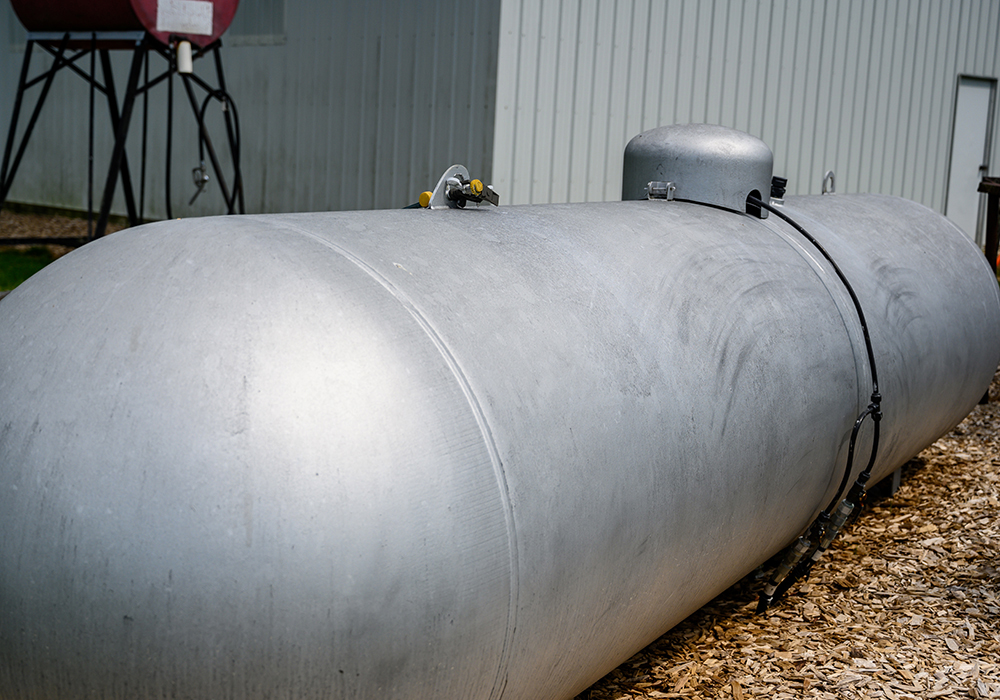Parliamentary Budget Office says the bill would have saved farmers about $978 million if it had been fully implemented
REGINA — The fate of Bill C-234 remained in limbo last week as debate in the House of Commons carried on and a Parliamentary Budget Office report revealed what farmers would lose if the Senate-amended version of the bill passed.
C-234 would have saved farmers about $978 million if it had been implemented fully, as the House agriculture committee recommended, by removing the carbon tax on natural gas and propane for drying grain and heating and cooling barns and greenhouses for the next eight years.
However, the Senate amended the bill to remove the exemption for buildings and shorten the period from eight to three years.
Read Also

VIDEO: Agritechnica Day 4: Robots and more robots, Nexat loves Canada and the trouble with tariffs
Agritechnica Day 4: Robots and more robots, Nexat loves Canada and the trouble with tariffs.
On Feb. 13 the PBO revealed the amendments total $69 million. Relative to the unamended bill, that would cost farmers nearly $910 million.
The Conservatives, farm organizations and others such as the Canadian Taxpayers Federation continue to call for the bill to be passed in its original form as it was in the Commons in March 2023.
“Making it more affordable for farmers to grow food will make it more affordable for families to buy food,” said CTF federal director Franco Terrazzano.
“MPs must reject the Senate’s amendments and make sure the original bill C-234 becomes law now.”
Just how much the carbon tax is affecting food production and purchasing costs is unknown. Food analyst Sylvain Charlebois has called for the tax to be removed for companies throughout the food chain to keep Canada competitive with its trading partners.
The Conservatives continue to raise the issue through a motion from the bill’s sponsor, MP Ben Lobb, to send the Senate a rejection letter.
MPs have debated the motion for several hours with no vote.
Many worry that the longer this drags on the less likely the bill will pass in any form. The carbon tax is set to go up another $15 to $80 per tonne April 1.
Meanwhile, the federal government moved to rebrand the portion of the carbon tax it returns to households each year after learning many people didn’t realize they received quarterly rebates. An Angus Reid poll discovered confusion about the program, including how much carbon tax people were paying and how much they were getting back.
The Climate Action Incentive is now called the Canada Carbon Rebate. Rural residents already get a top-up of 10 percent to recognize they have to drive further distances, and the government is proposing to double that.
That would mean a rural family of four in Alberta would receive $2,160 back, Manitoba families would receive $1,440 and Saskatchewan rebates would be $1,804.80.
According to the finance department, carbon pricing costs for all households in those provinces are $1,056 in Alberta, $828 in Manitoba and $1,156 in Saskatchewan.
















